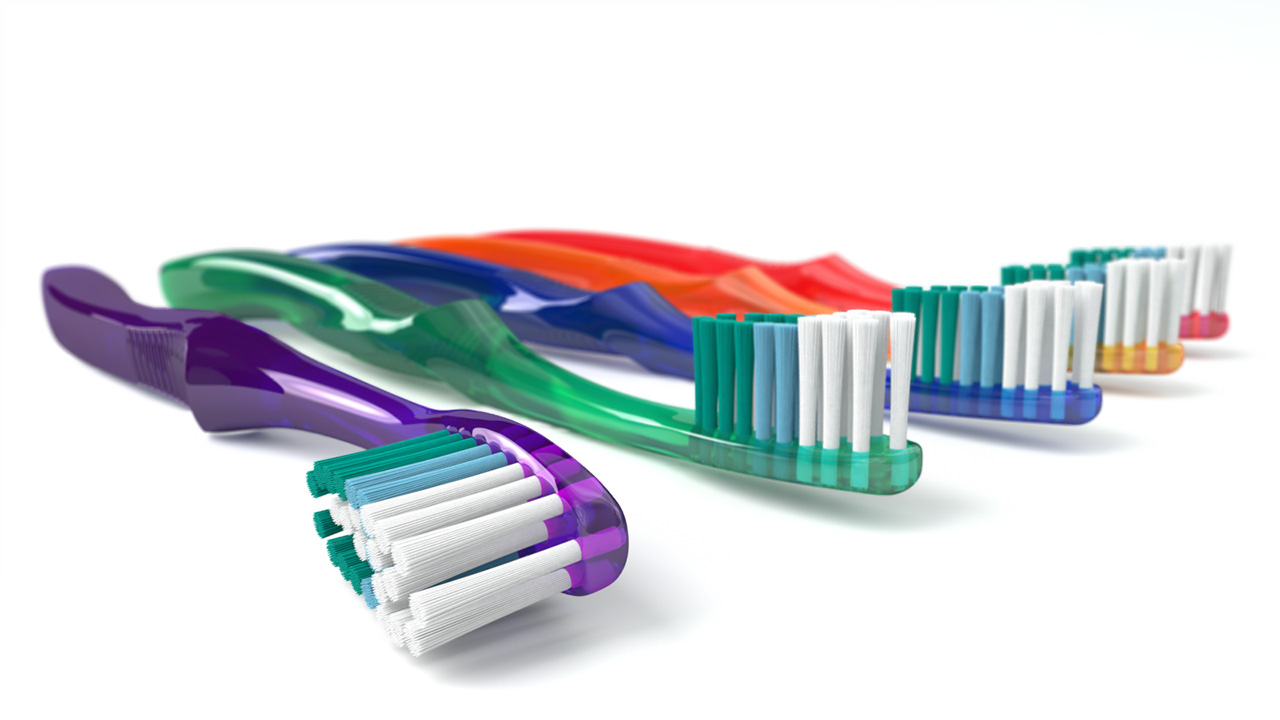This is the first instalment of the oral hygiene series, which aims to answer the commonly asked questions by my patients. This post will focus on the topic of toothbrushes.
“Which toothbrush is the best?”
“Is an electric toothbrush better than a manual toothbrush?”
“How long should I brush for?”
So here are the answers.
- There is no ‘best toothbrush’. An expensive toothbrush with extra “features” doesn’t necessarily do a better job – how a person uses it is more important! Similar to how a bad driver in an expensive car can still have an accident. Generally, choose a brush with soft bristles to avoid damaging your gums and a smaller head to help get into tight corners inside your mouth.
- An electric toothbrush doesn’t clean teeth better than a manual toothbrush. A person with adequate hand dexterity will be fine with either options.
- If you suffer from poor hand dexterity (e.g. the elderly, those with arthritis or a physical disability), you may benefit from using an electric toothbrush. The recommended electric toothbrush is a round head, rotation oscillation type (For example: Braun Oral B).
- By applying common sense, I believe everyone needs to brush for as long as it takes to get their teeth clean. Notice how no one ever asks how long they should clean their shoes for? That’s because you stop cleaning when the shoes are clean. As a guideline, research suggests that once you’ve brushed for 2 minutes, you’ve reached the ‘sweet spot’. Interestingly, the research also shows that when aiming for 2 minutes, most people underestimate how long that really is. That’s why some oral-care companies recommend a timer to go with your toothbrush.
Stay tuned for the second instalment! If there are any questions you would like answered, please feel free to write them in the comment section or leave a message in the contact form on our website.
May the floss be with you.
Dr. Supa



